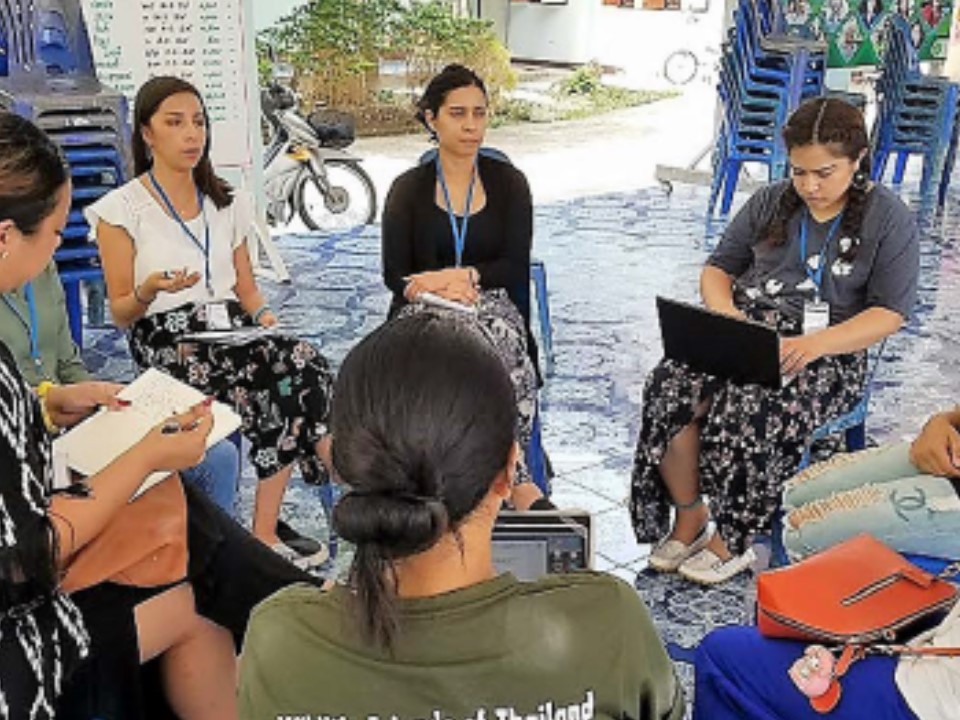Educational Equity: Study Abroad for Underrepresented Minority and First-Gen Public Health Students Racial and ethnic minority students remain under-represented in experiential study abroad – frustrating efforts to address the shortage of diverse public health professionals. One program meets the challenge with an intentionally designed course making a measurable difference for minority and first-gen students, during their time in college and afterward.
Main Article Content
Abstract
For public health students, global education supports development of core skills towards becoming effective leaders and advocates for health equity. Despite the growing number of undergraduate students participating in experiential study abroad opportunities, there remains a stark educational disparity: racial and ethnic minority students continue to be underrepresented. Less than 20% of Hispanic/Latinx and African American students participate in study abroad (NAFSA, 2022). This situation is especially urgent given the shortage of diverse public health professionals. It is imperative for the educational pipeline to address the structural limitations that hinder access to academic opportunities for diverse and disadvantaged students. To meet the challenge, our institution created a course expressly for underrepresented minorities and first-generation public health students. This article describes the course’s intentional design, implementation, and assessment of long-term outcomes. Findings highlight the impact of this experience for minority and first-gen students as they entered graduate education and the public health workforce. All participants voiced benefits in developing relevant career skills, global citizenship, and personal growth. As public health educators, our focus on health equity must include equitable access to innovative experiences for underserved public health students as fundamental to public health pedagogy.

